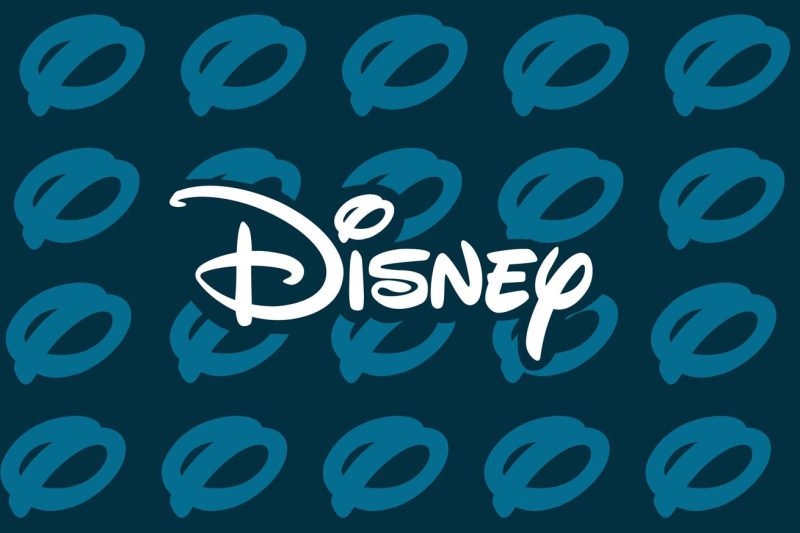In a bold move, Disney shocked millions of DirecTV subscribers by blocking access to ESPN, ABC, and other channels. The decision sent shockwaves through the media industry as subscribers were left scrambling to find alternative ways to watch their favorite sports and shows. This unexpected move highlights the growing tension between content providers and distributors, raising questions about the future of television entertainment in an increasingly fragmented market.
DirecTV subscribers were taken by surprise when they found themselves unable to access popular channels owned by Disney, including ESPN and ABC. The blackout was a result of a dispute between Disney and AT&T, the parent company of DirecTV, over the terms of their distribution agreement. Disney, seeking higher fees for its channels, decided to cut off access to its content for millions of viewers, leaving them without their favorite sports events and TV shows.
The sudden blackout left many DirecTV subscribers frustrated and angry, as they were caught in the crossfire of a corporate battle. Viewers who had come to rely on channels like ESPN for live sports coverage suddenly found themselves unable to watch their favorite teams in action. Similarly, fans of popular ABC shows were left in the dark as their programming disappeared from their screens.
The dispute between Disney and AT&T highlights the increasingly contentious relationship between content providers and distributors in the media industry. As the market becomes more competitive and consumers have more options for entertainment, companies are grappling with how to navigate the changing landscape. Content providers like Disney are seeking higher fees for their programming, while distributors like AT&T are looking to control costs and maintain profitability.
This conflict raises important questions about the future of television entertainment. With the rise of streaming services and cord-cutting, traditional cable and satellite providers are facing increased pressure to adapt to changing consumer preferences. The blackout of Disney channels on DirecTV serves as a stark reminder of the challenges and uncertainties facing the industry as it evolves in response to shifting market dynamics.
As DirecTV subscribers continue to deal with the repercussions of the blackout, many are considering their options for accessing content in a post-traditional TV world. Streaming services are becoming an increasingly popular choice for viewers looking to bypass traditional cable and satellite providers. Disney, for its part, is investing heavily in its own streaming platform, Disney+, as it looks to capitalize on the growing demand for digital content.
In conclusion, the blackout of Disney channels on DirecTV has underscored the complex and sometimes contentious relationship between content providers and distributors in the media industry. As technology continues to reshape how viewers consume entertainment, companies will need to adapt and innovate to stay relevant in a rapidly changing landscape. The future of television entertainment remains uncertain, but one thing is clear: the industry is in the midst of a profound transformation that will shape the way we watch and enjoy content for years to come.




























